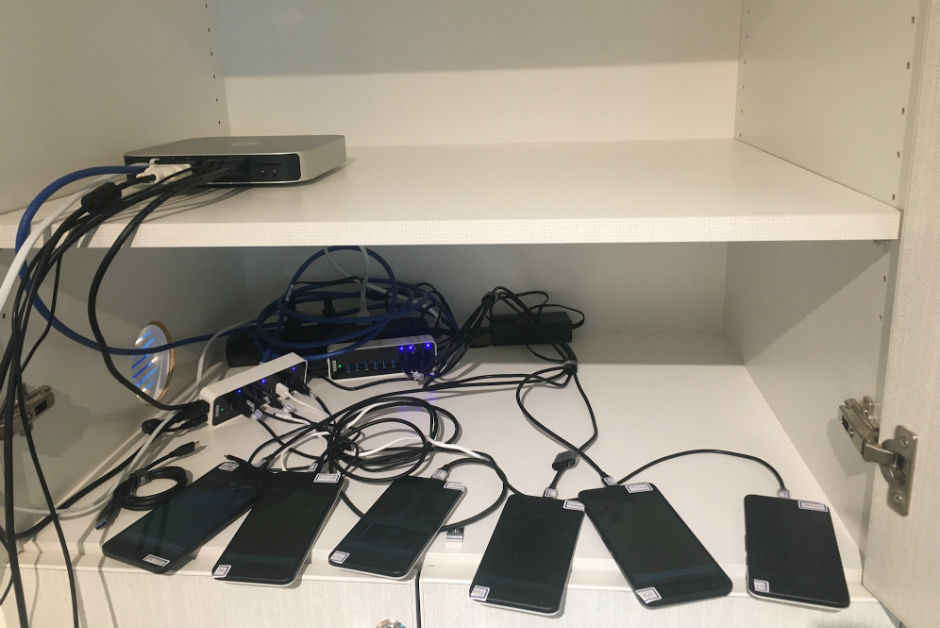Apps are recording phones’ screens and sending info to third parties, claims researchers
The team ran over 17,000 popular apps on 10 Android phones for the experiment.

Rejecting theories that companies snoop on users by secretly accessing their smartphone’s mic through apps to capture audio, researchers have claimed to find an even more frightening scenario in which certain Android apps are recording a phone’s screen and sending that information to third parties. For this experiment, the researchers at Northeastern University in Massachusetts, US analysed over 17,000 apps for one year. The list included Facebook-owned apps, as well as over 8,000 apps that send information to the social media giant.
 Survey
SurveyThe researchers used 10 Android phones and ran an automated programme to interact with over 9,000 apps (out of 17,260 apps the researchers analysed) that had permission to access the camera and microphone. They were looking for any media files that were sent, particularly to an unexpected receiver. They noticed that some screenshots and video recordings of what people were doing in apps were being sent to third party domains and the users didn’t know about it.
“For example, when one of the phones used an app from GoPuff, a delivery start-up for people who have sudden cravings for junk food, the interaction with the app was recorded and sent to a domain affiliated with Appsee, a mobile analytics company. The video included a screen where you could enter personal information—in this case, their zip code,” the report said.
Limitations of the research
The phones that researchers used were being operated by an automated programme and not by not by actual humans, which means that the apps in question were triggered in an unnatural way, or not in a way a human could have triggered them. The phones were kept in a controlled environment. “For the first few months of the study the phones were near students in a lab at Northeastern University and thus surrounded by ambient conversation, but the phones made so much noise, as apps were constantly being played with on them, that they were eventually moved into a closet,” the report added.
Considering the above mentioned scenarios, it is possible that the results obtained by the researchers are skewed. The researchers will present their work at the Privacy Enhancing Technology Symposium Conference in Barcelona next month.
Cover Photo: The phones used to run apps during the experiment.
Sourabh Kulesh
A journalist at heart; has knowledge of a wide gamut of topics related to enterprise and consumer tech. View Full Profile